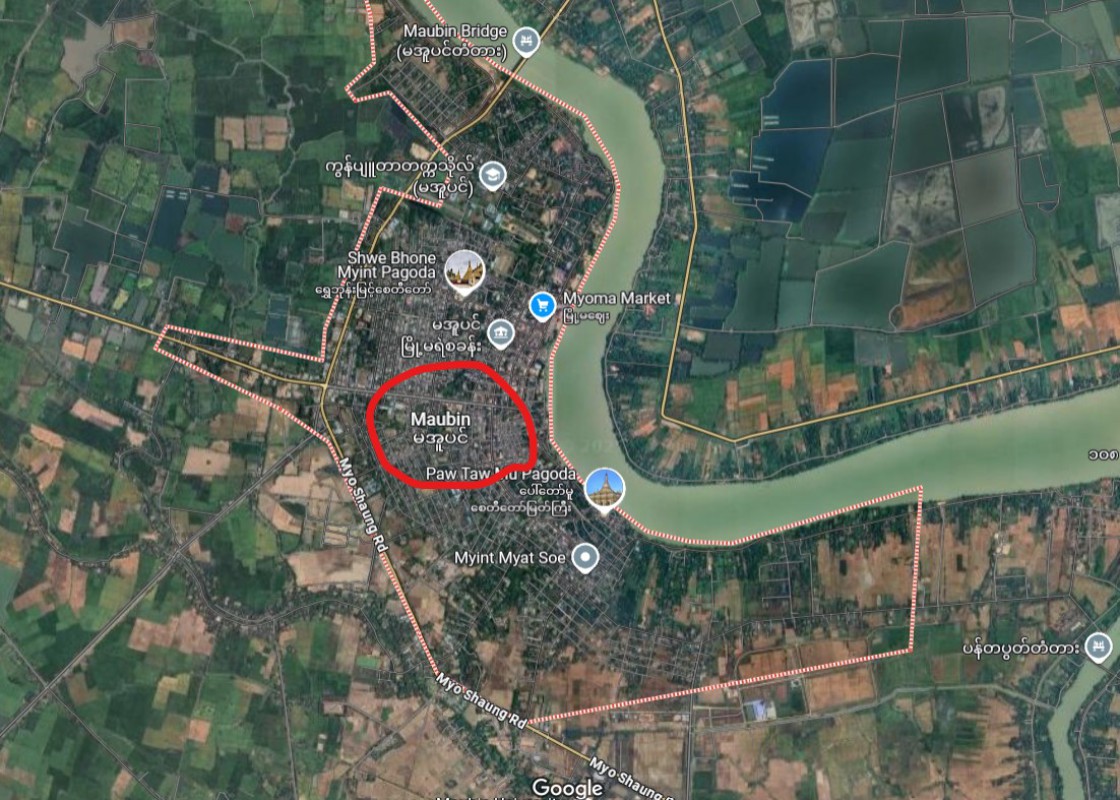New agricultural, livestock university set to open in Maubin next academic year

848

Hsu/ Pearl (NP News) - May 27
In the upcoming academic year, a new university specializing in agriculture and livestock studies will be established in Maubin, Ayeyarwady Region. This information comes from an official within the Ministry of Agriculture, Livestock, and Irrigation, who spoke with The NP News.
To enhance education, the government has already established several Polytechnic Universities in Naypyidaw and four other regions and states. Following this initiative, an integrated agriculture and livestock university is planned to open in Ayeyarwady Region in the upcoming academic year.
To facilitate this, the Computer University (Maubin), formerly under the Ministry of Science and Technology, has been transferred to the Ministry of Agriculture, Livestock, and Irrigation. This newly designated site will be utilized for teaching subjects related to agriculture and livestock sciences.
“There has long been a plan to open an agricultural school in Maubin. We have now taken over the Computer University (Maubin) from the Ministry of Science and Technology, and it will offer the same curriculum as standard agriculture and livestock universities. Currently, there is no set limit on student enrollment; however, admission will depend on the number of students who pass the matriculation exam. The curriculum and academic standards will be aligned with those of the Agriculture and Livestock University in Naypyidaw.
The university will open according to the regular academic calendar,” said the official.
The school will follow the same curriculum used by the Polytechnic University in Naypyidaw, and there will be no limitation on the number of students enrolled at this time.
Dr. Myo Sett Thway, spokesperson of the Peoples’ Pioneer Party, emphasized the importance of increasing the number of professionals in agriculture and livestock. He stressed that coordinating with employers is essential to ensure graduates are able to successfully enter the workforce.
“70 percent of our population works in the agriculture and livestock sectors. Yet, how many schools in our country offer education in these fields? How many agricultural professionals can we train each year? We invest heavily in energy, but not in developing human resources for farming. This needs to be changed—not only through government action, but also by shifting public and parental mindsets. School curricula must be aligned with the job market. Just as physicians complete internships and lawyers undergo pupillage, students in these programs should gain real-world experience before graduation. Schools and employers should collaborate to ensure a certain employment rate for graduates,” Dr. Myo Sett Thway stated.
While the Agriculture University in Naypyidaw and the University of Veterinary Science currently produce graduates in these fields annually, demand continues to exceed supply. In response, the government is developing plans to establish new agriculture and livestock universities in both upper and lower Myanmar, according to U Min Naung, Union Minister of Agriculture, Livestock, and Irrigation.